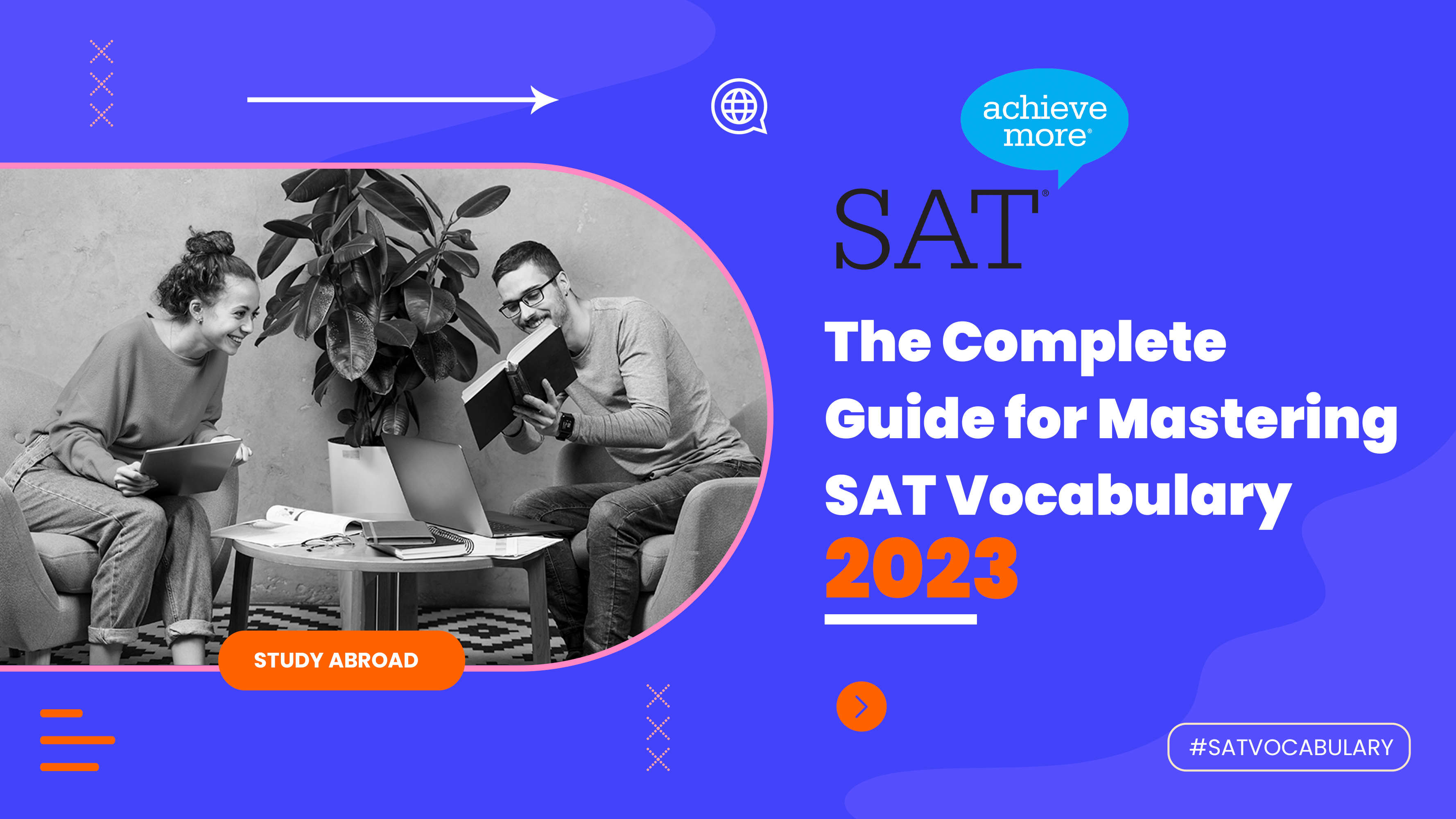The Impact of IELTS Scores on Your Study Abroad Journey
As the world becomes more interconnected, studying abroad has become an increasingly popular option for students in India. Studying abroad has numerous benefits, from gaining a global perspective to improving language skills to expanding career opportunities. However, before you can pack your bags and head off to your dream destination, you must overcome one crucial hurdle: the IELTS exam.
The IELTS exam, or the International English Language Testing System, is an English language proficiency test required by many universities and colleges worldwide for admission. The exam tests your reading, writing, listening, and speaking abilities and provides a score indicating your English proficiency level.
The impact of IELTS scores on your study abroad journey cannot be overstated. A high score can significantly increase your chances of acceptance into your desired program and even qualify you for scholarships and other financial aid. On the other hand, a low score can limit your options and make it more challenging to achieve your study abroad goals.
So, how can you ensure that you get the IELTS score you need to succeed? The answer lies in understanding the IELTS journey and creating an effective study plan.
The IELTS Journey
The IELTS journey begins with understanding the exam format and scoring system. The exam consists of four sections: listening, reading, writing, and speaking. Each section is scored on a band scale of 0 to 9, with 9 being the highest score.
To achieve a high score on the IELTS exam, it's important to have a solid understanding of English grammar and vocabulary and strong communication skills. You will need to be able to read and understand complex texts, listen to and comprehend native speakers, write clear and coherent essays, and speak fluently and accurately on a range of topics.
Creating an Effective Study Plan
To prepare for the IELTS exam, creating a study plan that works for you is essential. Here are some tips to help you create an effective study plan:
- Assess Your Skills
Before you begin studying, it's important to assess your current level of English proficiency. This will help you identify your strengths and weaknesses and create a study plan addressing your needs. You can take practice tests or work with a study abroad consultant to determine your starting point.
- Set Realistic Goals
Once you have assessed your skills, set realistic goals for yourself. Determine what score you need to achieve for admission to your desired program and set a timeline for achieving that score. Remember to break down your goals into smaller, achievable steps to keep yourself motivated and on track.
- Practice Regularly
To improve your English proficiency, you need to practice regularly. Set aside time each day or week to work on each exam section. You can use practice materials like past exam papers and online resources or take IELTS classes from a reputable provider like Transglobe.
- Identify Your Weaknesses
As you practice, pay attention to your areas of weakness. If you need help with a particular section, such as writing or speaking, focus on improving that area. Seek help from study abroad consultants or take extra classes if necessary.
- Take Advantage of Resources
Many resources are available to help you prepare for the IELTS exam, including study abroad consultants, IELTS classes, practice materials, and online resources. Take advantage of these resources to create a well-rounded study plan and feel confident in your abilities.
The Role of Admission Consultants and IELTS Classes
Preparing for the IELTS exam can be daunting, but with the help of consultants and IELTS classes like those offered by Trans Globe Pune, you can significantly improve your chances of success. Trans Globe Pune can provide valuable guidance and support throughout the application process, including advice on improving your IELTS score. On the other hand, IELTS classes offer a structured approach to exam preparation and provide you with access to experienced tutors who can help you identify and address your weaknesses.
In addition to providing you with support and guidance, consultants and IELTS classes can also help you understand the exam format and scoring system, provide you with practice materials, and give you feedback on your performance. These resources can be invaluable in helping you achieve the IELTS score you need for your study abroad journey.
In conclusion, the impact of IELTS scores on your study abroad journey cannot be overstated. A high score can open doors to a world of opportunities, while a low score can limit your options and make it more challenging to achieve your goals. To succeed on the IELTS exam, it's important to understand the exam format and scoring system, assess your skills, set realistic goals, practice regularly, identify your weaknesses, and take advantage of available resources.
With the help of study abroad consultants and IELTS classes like those offered by Trans Globe Pune, you can improve your English proficiency and increase your chances of success on the IELTS exam. By achieving a high score, you can take the first step towards a successful study abroad journey that will open up a world of opportunities and enrich your life in countless ways.






















